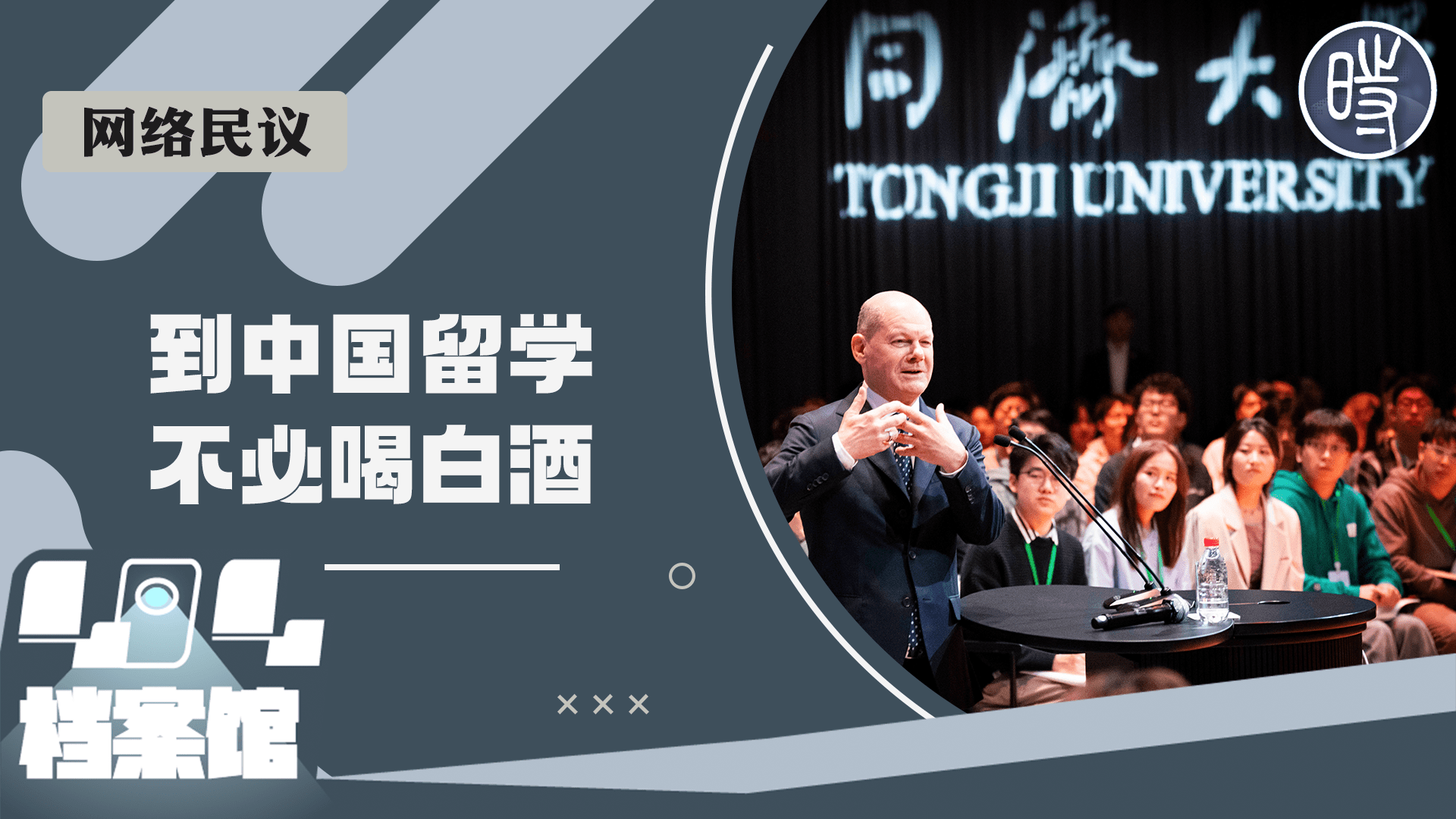http://interlocals.net/?q=node/364
Home
» Blogs » florence’s blog
The Power and Powerlessness of a Press Card
2010-10-08 – florence
Hu Yong
(Editor note: This
article is originally published in a Taiwanese Newspaper, Wangbao, in Chinese.
The author, Hu Yong, is an Associate Professor from the School of Journalism
and Communication, Peking University, one of China’s first research scholars in
the field of network and new media.)
Mainland reporter from “the Economic Observer”, Qiu
Ziming, was under order of arrest by the public security system due to his
reporting on the inside story of some listed companies. Subsequently, reporter Ah
Liang from Qianlong website was under Laiyang police investigation in Shandong
province after publishing critical reports on a local private corporation.
Leaving aside their act of conduct during the process of investigating the
companies, the first trouble they had to encounter before the process was that
their identity as reporters was being questioned.
The vice president of one newspaper wrote an article on his
blog with a rather shocking title, “The ‘Wanted’ Qiu Ziming has no legal
journalist status”. He searched for Qiu Ziming from the General Administration
of Press and Publication enquiry system and got the result of “There is no such
press registration”.
What is a Press identity then? So important and yet so hard
to obtain?
A Press identity of life and death influence
China's vocational qualification system was introduced in
2003, and the Press and Publication Administration issued the “Measures for
the Administration of Press Cards” in January 2005. It was then
amended in August 2009, which clearly stated that news reporting activities in
mainland China are only for journalists holding a valid press card.
For people working in news organizations, the press card
issue is not only about the right to legal protection during news reporting, it
is sometimes matter of life and death. On 10th January, 2007, when China Trade News reporter Lan Chengzhang
was interviewing in a Coal Mine in Datong, Shanxi Province, he was judged as a fake
reporter by the mine owner who accused him of not having a press card issued by
the General Administration of Press and Publication. Lan was then beaten to
death. Surprisingly, the first thing the local government did after the event
was not resolving the case or sending condolences to the deceased’s family, but
rather to issue a notice of “Cracking down on fake reporters and false news”.
It reads, “Whoever does not hold a valid press card certified by the Press and
Publication Administration is a fake journalist. And reporting news by fake
journalists is an illegal act.” The above is a formal notice from the local
government, condemning all journalists without a press card as fake journalists
and their news illegal. What a ridiculous wonder in the history of Chinese
journalism!
Why is strange news not considered strange in China? One of
the reasons is that fake journalists is a serious problem in China. Director of
the Press and Publication Administration Liu Binjie even said once, “Whenever
and wherever fake reporters or fake publications are found, they should be cracked
down upon on the spot immediately.” If what he said is valid, then the Datong
Crackdown was justified by the officials. The question is: is it justifiable to
gang-beat or order arrest merely because a press card is missing?
The authority controlling all the news media in China has
actually attributed to one of the reasons for the rise of fake reporters. All
news media needs approval to register and accept party-led guidance. Press
cards are issued by the state, reflecting the state's strict measure to
reporters’ eligibility. Thus press cards are scarce resources, adding a certain
kind of privilege to the identity of journalists. The authoritative nature of
the Chinese media has led to a common belief among the Chinese citizens that
journalists have the ability to help solving problems. Moreover, many problems
in China are hard to solve in reality, even they do appear to have a channel to
be solved under official rhetoric. In desperate situation, people can only resort
to the media for help so as to arouse attention from the wider society and
higher-ranking officials, hoping that they can help solve the problems. Owing
to this, many of the journalists with official press cards are seen to be saviors
for the people. No wonder there are so many fake reporters taking advantage of
the status.
Suppression of citizen journalists
However, with rapid development of the new media, the
practice that reports or commentators should have qualifications becomes less
adorned. For example, without a press card, can anyone release information to
the web when he/she has witnessed an event? Under China’s special media
environment, many people are not full-time reporters but netizens who have a
camera and a blog. When traditional media is being silenced, the people become
participants of events with significant impact. Until then, what is the use of
a piece of paper press card? If China continues to strictly follow the previous
system, citizen reporters will always remain illegal in status.
Again, in 2009, after the revision of the “Measures for the
Administration of Press Cards,” one official who is in charge of newspapers and
magazines from the Press and Publication Administration stressed again when
meeting with journalists that, “commercial websites are not news organizations
and are not approved the legal right to report and release news. Therefore they
cannot interview or investigate in any news event. The so called ‘citizen
reporters’ are mostly illegal and are not allowed to report news. Interviewees
can refuse to be interviewed and can report them to the officials.” Well then,
the local police in Laiyang, Shandong, have every reason to chase after
Qianlong website reporter, Ah Liang.
After all, in the mainland, whether you are a journalist is
not defined by yourself, nor can your institution prove you one, only the state
can.







.png)

